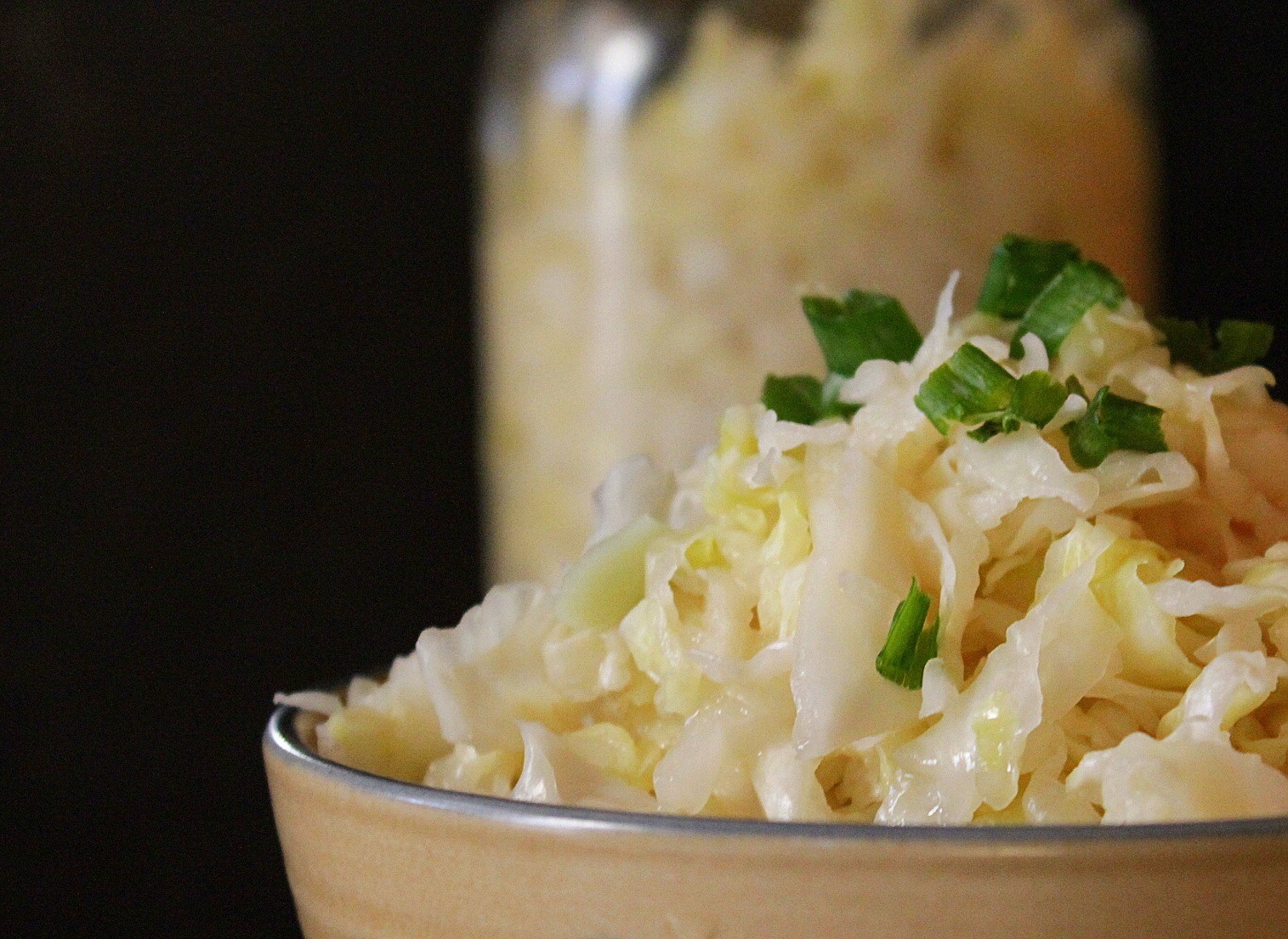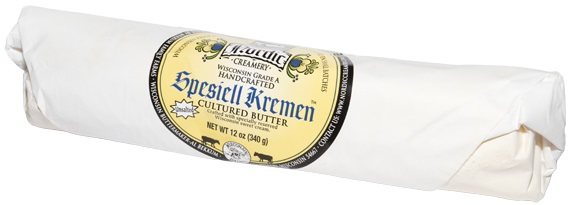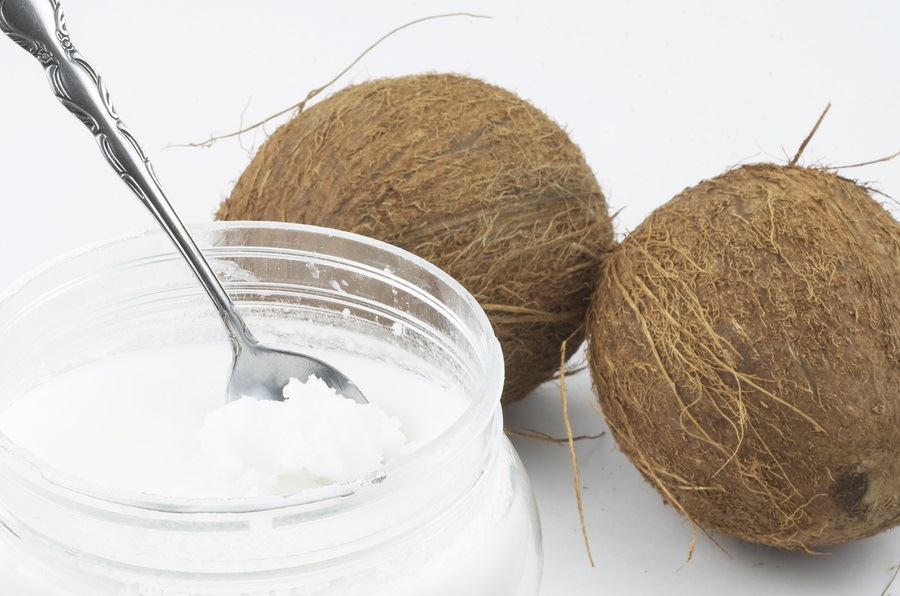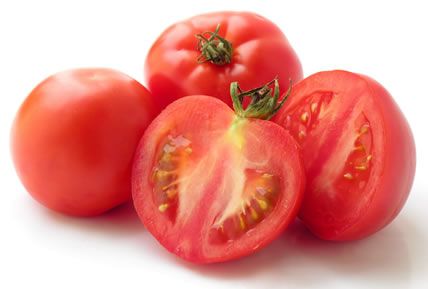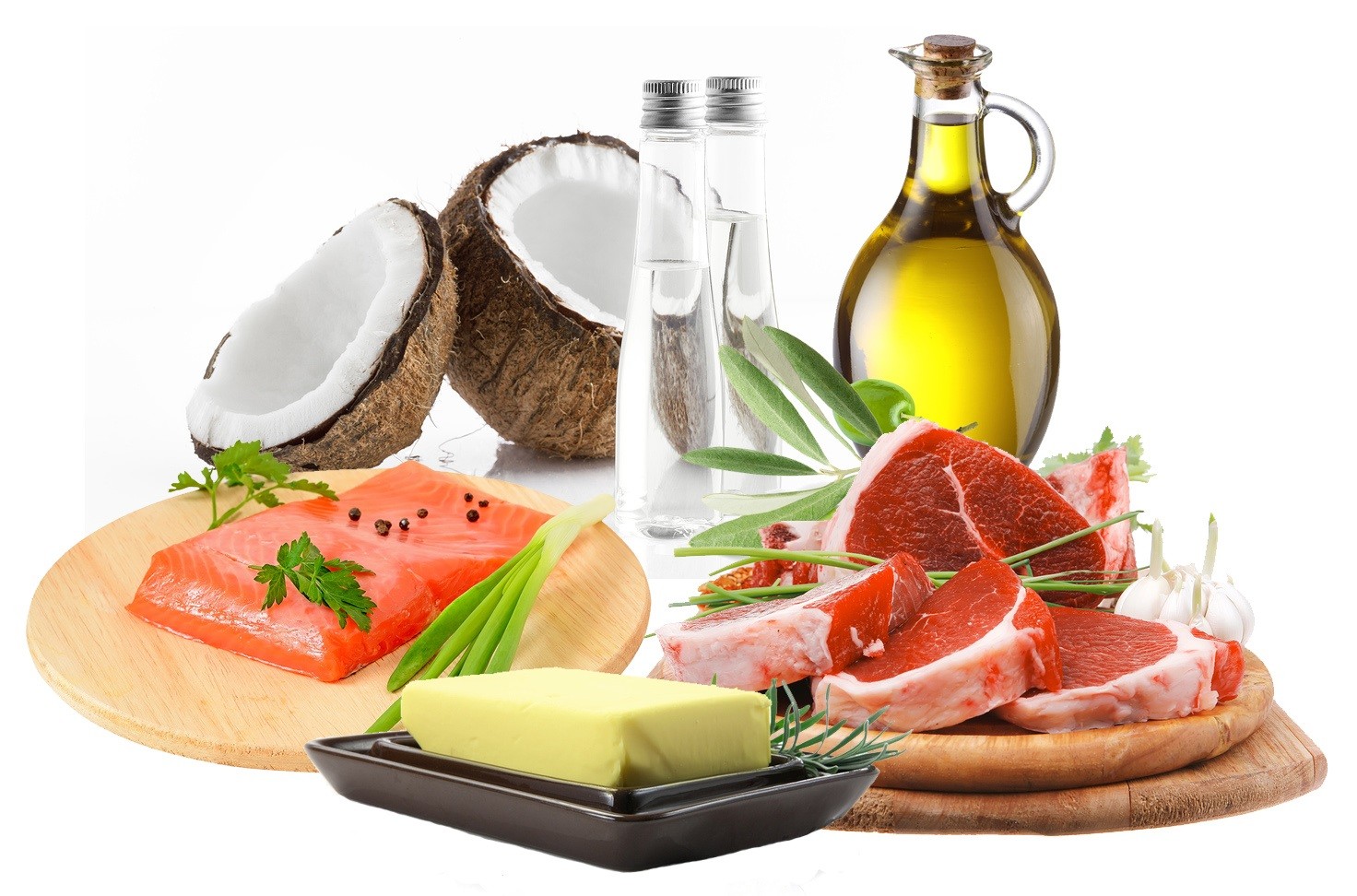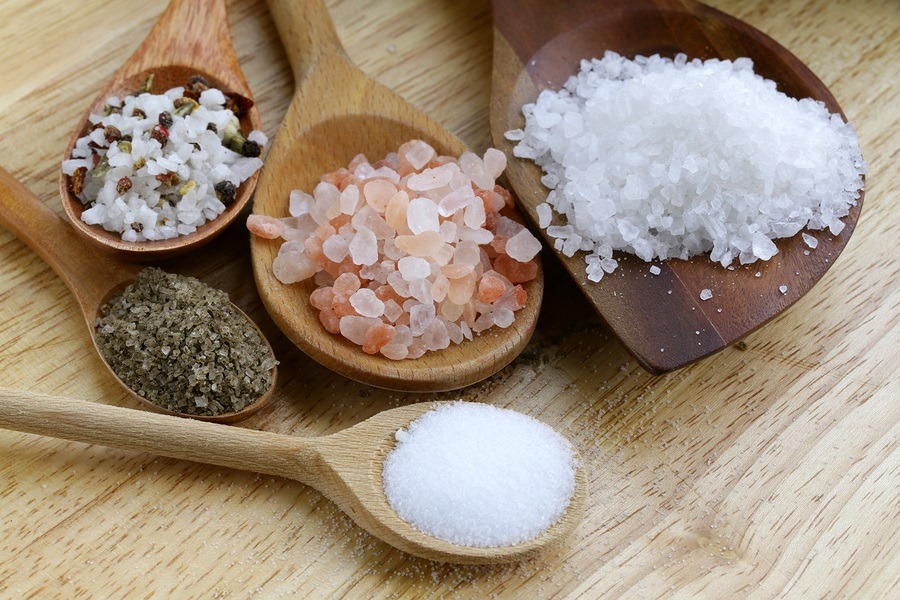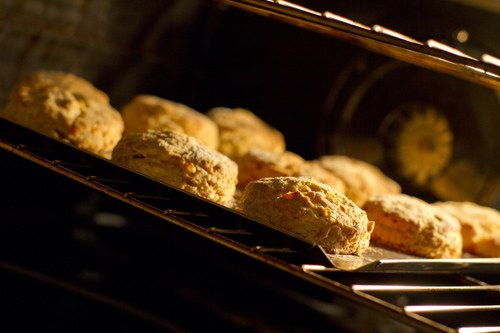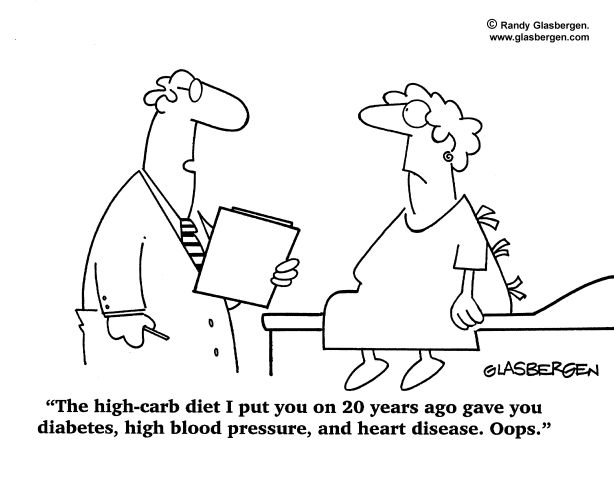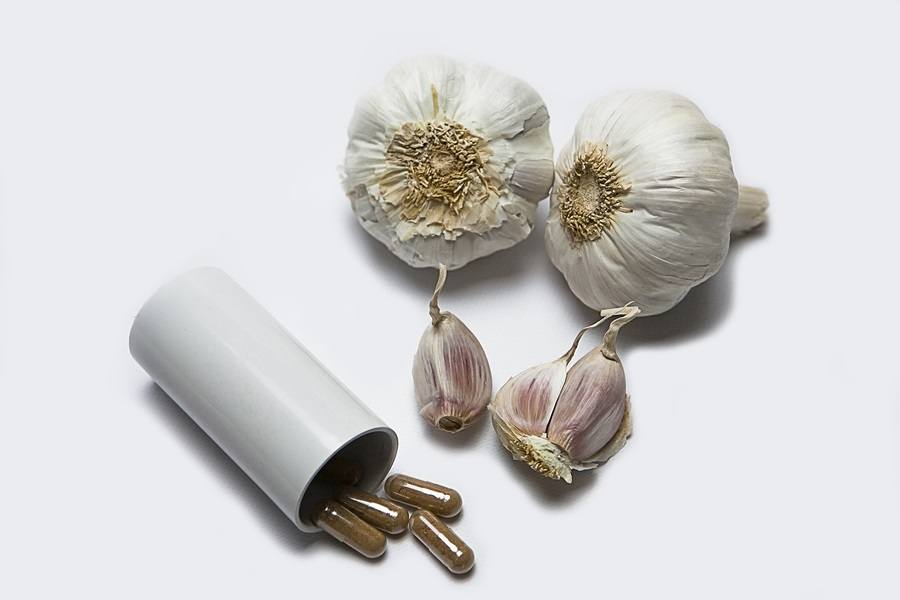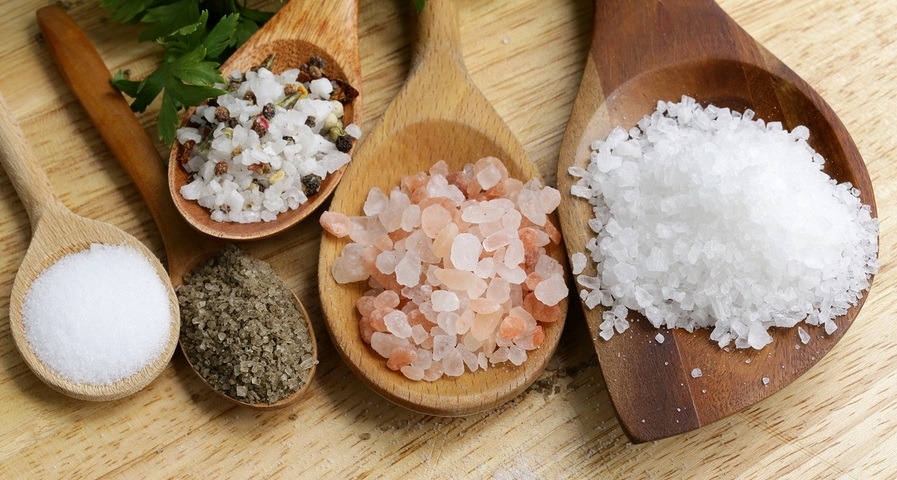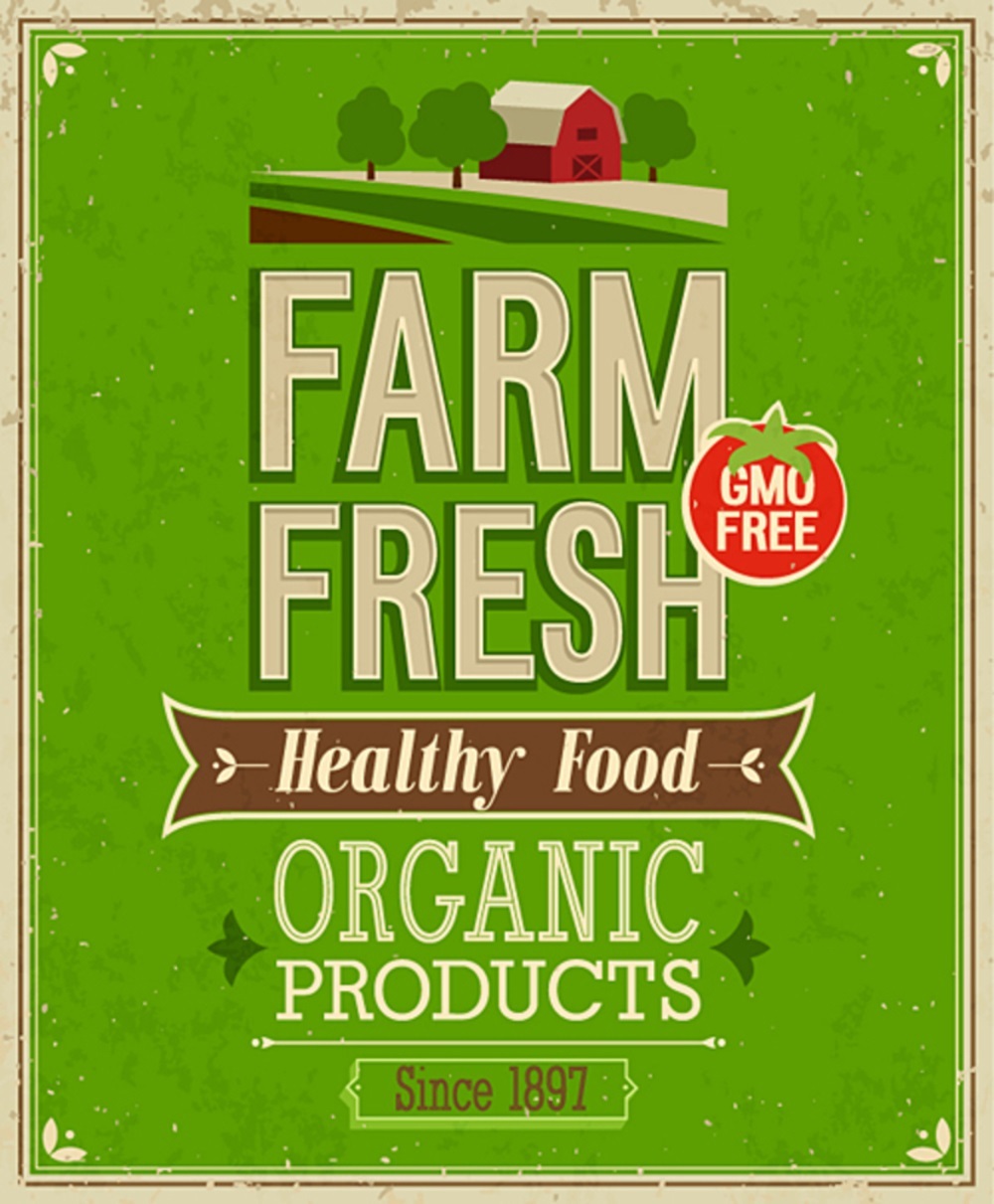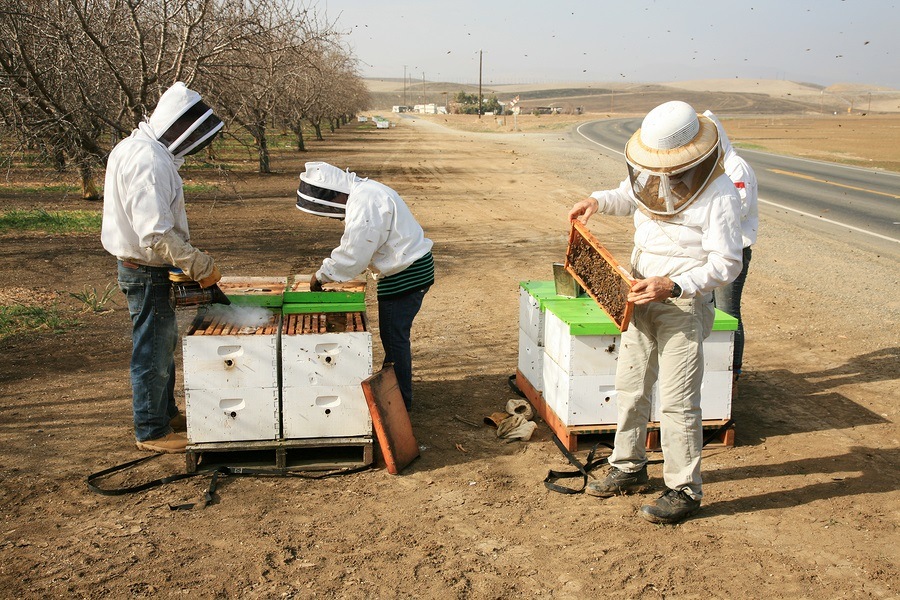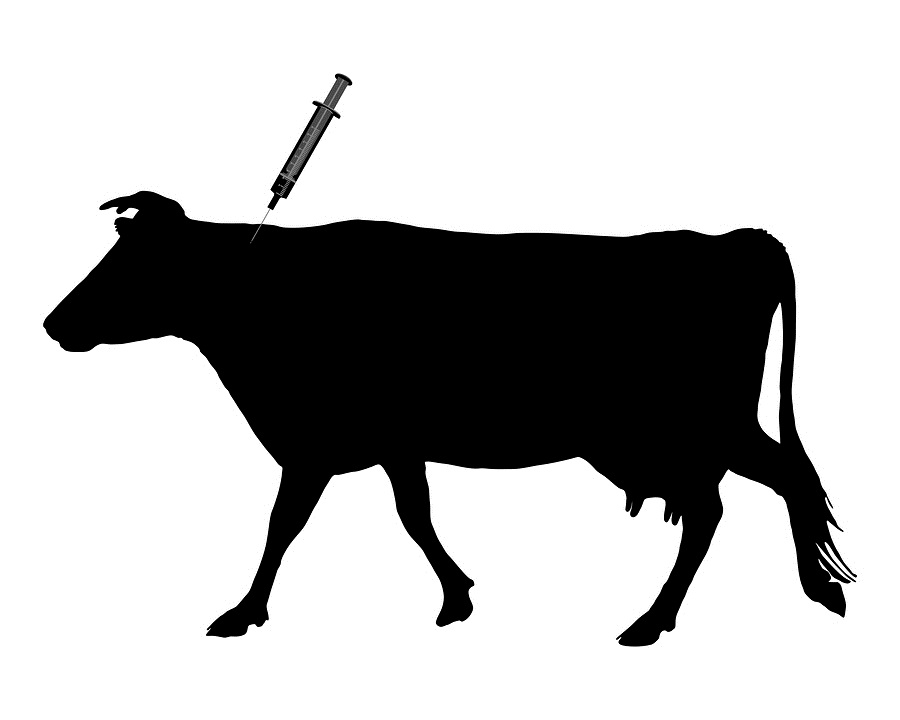News regarding traditional wisdom and native diets regarding nutrition.
How to Use Raw Honey in Place of Sugar in Baking
Raw honey is one of the healthiest sweeteners readily available for use in baking. Honey is a much better choice than processed sugar. Granulated sugar made from cane sugar is actually is a natural product. However, most types of granulated sugars in the market go through a very refined processing method which strips out most of the natural nutrients. In addition, granulated sugar from sugar beets is more than likely from a GMO source. Therefore, you’re better off using raw honey, which is a whole food that in its natural state needs no further refining. And its healthier too! The information here will show you how to replace sugar in your baked goods with raw honey.
How to Make Your Own Sauerkraut
There are many ways to preserve food these days. Freezing is popular for its convenience. Canning is gaining resurgence, and rightfully so, for its place in a local and sustainable food economy. Drying fruits and vegetables continues to be a simple way to put food up, especially in hotter, drier climates. And then there is lactic acid fermentation, also known as lacto-fermentation. If you’ve ever had unpasteurized sauerkraut or true sour pickles, then you’ve eaten fermented vegetables. These are hard to come by, though, in their true raw form so it is helpful if you know how to make them at home. This article will show just how easy it is make your own raw sauerkraut at home with only 2 ingredients.
Bone Broth—THE Staple of a Gut Healing Diet
Eating a high-quality, nutrient-dense diet is one of the most powerful ways to maintain health and prevent disease. Your gut in particular needs proper nourishment in order to allow your health to really flourish. The Gut and Psychology Syndrome principles (GAPS diet) developed by Dr. Natasha Campbell-McBride is often used to treat children with autism and other disorders rooted in gut dysfunction, but just about anyone with allergies or less than optimal gut health can benefit from it, as it is designed to heal leaky gut.
Making Your Own Fermented Berry Sauce
With summer winding down, we are often finding ourselves surrounded by fruits and vegetables that need to be used up. The farmer’s markets are overflowing and perhaps our own backyard is giving up its own abundance. There are many ways to preserve berries. Processing berries at home has a few distinct advantages. For one, you get to control the ingredients. Starting with organic berries is crucial and a huge improvement over most store-bought conventional jams and spreads. Beyond making jam from your organically-sourced fruit, fruit sauce is another option. We are familiar with applesauce which is made by cooking peeled apples down into a thick sauce-like consistency. This can then be canned and stored away for winter. This fermented fruit sauce is different from the familiar applesauce in that it is raw, never cooked, and imbued with a starter culture which adds enzymes and probiotics. So, the nutrients of the berries are left intact when they might otherwise be lost in the cooking process, and the naturally occurring bacteria, enzymes, and vitamins in the berries are allowed to proliferate through the fermentation process.
Grassfed Traditions Adds New Artisan Butters from Grass-fed Milk
Tropical Traditions announced two new lines of artisan butters crafted from the milk of grass-fed pastured cows in their GrassfedTraditions line of products. Allgäu pure German Butter is from family farms in the Allgäu region of Southern Germany. These families feed their cows only grass and grass hay. Using their local breed, the Allgäu brown cow, the herdsmen in the Allgäu mountain region safely guide the cows down from the mountains to spend the winters in their cozy barns, and are led back up to the Alps every spring. Nordic Creamery is family owned and operated making some of Wisconsin's finest gourmet, artisan butter from the milk of cows on pasture. Award-winning Cheesemaker and Buttermaker Al Bekkum and his family live on the Bekkum-Langaard Farmstead owned and operated by their family since immigration from Norway in 1917. The farm is located among other Norwegian settlers in Westby, Wisconsin within Vernon County's lush, green hills and valleys known as the Coulee Region. This un-glaciated land is recognized for its fertile soil and exceptional grazing land making their butter second to none. These butters are shipped in coolers to all 50 states.
Study to Look at High Fat Diet’s Effect on Parkinson’s Patients
The National College of Natural Medicine in Portland Oregon is teaming up with a local hospital to study the effects of the low-carb high-fat ketogenic diet on Parkinson's patients. We have reported in the past how Parkinson's sufferers have experienced relief when consuming large amounts of coconut oil.
Is a Low-Carb Diet Ruining Your Health?
Chris Kresser is a practitioner of functional and integrative medicine and a licensed acupuncturist who blogs and is a very popular writer. A nutritionist on his staff, Laura Schoenfeld, caused quite a controversy recently with a blog post titled: Is a Low-Carb Diet Ruining Your Health? The low-carb "paleo" diet followers have reached a cult-like following in recent times, and it seems Schoenfeld had crossed a "holy" line in suggesting that not everyone does well on a low-carb diet. Many in the "paleo" diet crowd believe that carbohydrates have no place in human nutrition at all. Schoenfeld gave reasons from her own clinical practice as to why she feels not everyone does well on a low-carb diet, and listed several types of people that seem to do better with at least a moderate amount of carbohydrates in their diet. The article generated so many comments, that Kresser added his own blog post to the topic: 7 Things Everyone Should Know About Low-Carb Diets.
20 Amazing Health Benefits of Tomatoes That Should Make Them A Daily Staple In Your Diet
Just one serving a day of tomato-based foods can have an incredibly beneficial effect on your health. Not only can they reduce heart disease, but they could potentially prevent and reverse dozens of diseases if eaten daily. This is one fruit you don't want to leave out of your diet.
Therapeutic Use of the High-Fat Low-Carb Ketogenic Diet in Autism Spectrum Disorders
A new study published in Frontiers in Pediatrics has concluded that the high-fat low-carb ketogenic diet may improve mitochondrial function in Autism Spectrum Disorder (ASD). The ketogenic diet was originally developed at John Hopkins Hospital in the 1920s to treat children with epilepsy. The diet has proved successful over a long period of history of stopping seizures in children where drugs fail. The diet fell out of favor in recent years, due to the bias against saturated fats. However, with several meta-studies being published in recent years showing that there is no scientific basis of linking saturated fat consumption to heart disease, the ketogenic diet is being studied in many disease applications, including cancer, diabetes, and neurological diseases such as Alzheimer's, Parkinson's, and ALS. There have also been studies conducted and published regarding the ketogenic diet's effect on ASD. One study published last year (2013) in France showed a ketogenic diet improves multiple autistic behaviors.
Study: Low Salt Intake Associated with High Death Rates
An article in the New England Journal of Medicine (August 14, 2014) studied the sodium levels in 101,945 persons from 17 countries. The scientists examined the association between sodium excretion and the outcome of death and major cardiovascular events. Sodium excretion correlates directly with sodium ingestion. This article is another in a long-line of salt articles debunking the myth that we need to lower our salt intake. I have tested thousands of patients for their salt levels. I can assure you that the vast majority of patients are low in salt.
Baking with the Ancient Grain Einkorn
Einkorn is an ancient grain that is not yet commonly known in the western world, but used often in the Mediterranean region and in the mountainous areas of Europe. This grain is slightly finicky, completely delicious, good for you, has a slight yellowish tinge, and smells (and even looks) a little like corn flour. Because of einkorn’s lower gluten elasticity, the following baking tips will help you bake successfully with einkorn and avoid a lot of frustration.
A Low Carbohydrate Diet Cures Diabetes
Diabetes is the great failure of the medical system. A generation of following the high-carb low-fat USDA approved food pyramid, along with Big Food's highly processed carbohydrate-rich products, have produced a national epidemic of obesity and diabetes. The medical system's answer to type 2 diabetes is drugs. These drugs, however, are highly toxic with serious side effects, and they don't work. A recent study that showed that insulin may actually accelerate death in type 2 diabetes, for example. Diabetes, however, is not a condition that is caused by a lack of drugs. Research clearly links type 2 diabetes (and now type 3 diabetes) to insulin resistance caused by excessive carbohydrates in the diet. This issue is finally starting to get more attention in the mainstream media, fortunately. In a recent article published in the journal Nutrition, the authors showed that there is continued success in using low-carbohydrate diets in the treatment of diabetes and metabolic syndrome.
Food as Medicine: How One Hospital Is Using Organic Produce to Help Heal Patients
Recently, Rodale Institute, in partnership with the nearby St. Luke’s University Health Network, launched a true farm-to-hospital food program. The Anderson Campus at St. Luke’s has more than 300 acres of farmland, much of which had historically been farmed conventionally to raise crops like corn and soy. The hospital administration recognized the impact that providing fresh, local organic produce could have on patient health and approached Rodale Institute to transition the land to organic and farm vegetables to be used in patient meals and in the cafeteria.
Salt is Good for You
One of the most pervasive and stupid things that we are currently told to do is to reduce salt intake. This advice has never been based on controlled clinical studies, ever. Yet, as with the cholesterol myth, the dogma that we should all reduce salt intake has become impervious to facts.
Large Study Adds to Evidence that Organic Food Is Superior
A comprehensive new study published this week in the prestigious British Journal of Nutrition shows very clearly that how we grow our food has a huge impact. Organic food is superior to its conventional counterparts and is higher in antioxidants and lower in pesticide residues.
Processed Foods Hurt Your Immune System and Gut Health
Diets loaded with processed foods are leading to increased inflammation, reduced control of infection, increased rates of cancer, and increased risk of allergic and auto-inflammatory diseases. A poor diet causes shifts in your body’s microbiome that have lasting effects on your own health and the health of future generations. A mother’s diet may shape her child’s taste preferences in utero, skewing them toward vegetables or sweets, for instance. There’s evidence that children inherit their microbiome from their mother, and part of this may be “seeded into the unborn fetus while still in the womb;” a father’s diet may also impact his child’s future health. Replacing processed foods with whole and fermented foods is crucial for optimal health.
U.S. Congress: Americans Are Too Stupid For GMO Labeling
The U.S. continues to be isolated around the world regarding their lax GMO labeling policy. We are losing millions of dollars in exports because countries such as China, Russian, Japan, Korea, and most of Europe will not buy our products if they are contaminated with GMOs. A recent Congressional meeting, however, concluded that the push to label GMO products in the U.S. was due to the ignorance of the American consumer. One has to wonder where the ignorance actually resides?
Is the Best Honey Really “Local” Honey?
John Thomas does an excellent job of addressing the common belief that healthy honey has to be "local" honey produced nearby where you live. Considering the fact that most honey bees in the United States today are transported all over the country to pollinate commercial agricultural crops dependent on the use of toxic herbicides and pesticides, it is obvious that simply being "local" is not a guarantee of a higher quality product. John investigates the current science on this topic of "local honey," and discusses what issues are far more important in selecting a high quality honey.
Study: Fats More Complex Than Previously Thought – Essential to Good Health
Throughout most of the history of human nutrition, fats and oils (lipids) have been considered healthy and desirable. In the Bible, the most ancient writings known to man and the world's best-selling book, oil is always mentioned in a positive light, whether it be aromatic anointing oils or dietary oils: "He will love you and bless you and multiply you; He will also bless the fruit of your womb and the fruit of your ground, your grain and your new wine and your oil..." (Deuteronomy 7:13) "When the Almighty was yet with me, and my children were around me; When my steps were bathed in butter, and the rock poured out for me streams of oil!" (Job 29:5-6) "There is precious treasure and oil in the dwelling of the wise..." (Proverbs 21:20) Modern dietary history has been an anomaly in condemning certain dietary fats, especially since the 1970s when official USDA dietary guidelines condemned saturated fats, in spite of their long history of use in human nutrition. Much of modern science is based on Darwinian evolution, however, and faulty premises that often don't hold up in real science. Much of the "science" regarding dietary fats and oils has today been proven false, and the field of lipids (fatty acids) is bringing to light what the ancients inherently already knew: that fats and oils were key nutritional components essential to good health. Evolution and News brings a good commentary on the journal Nature's June cover issue regarding lipids, showing how they are the building blocks of membranes, and pointing to a master designer rather than a result of pure chance via evolution.
Big Pharma to Educate Registered Dietitians on “Benefits” of Artificial Growth Hormones and Antibiotics in “Animal Health”
"Registered Dietitians" (RD) is a title reserved for dietitians and nutritionists registered with the Academy of Nutrition and Dietetics (AND - formerly ADA). However, this group has been quickly losing credibility the past few years as the influence of the processed food industry and Big Pharma have been clearly exposed in terms of their dietary advice. Much of this corporate sponsorship and influence has been published by Michele Simon in her free online publication: And Now a Word From Our Sponsors - Are America’s Nutrition Professionals in the Pocket of Big Food? We reported earlier this year how continuing education courses sponsored by the AND and Big Processed Food companies held a seminar in California where RDs were informed that "GMOs are safe and gluten intolerance is a fad". As you will read below, Andy Bellatti of Civil Eats is reporting how Elanco–the global pharmaceutical company behind recombinant bovine somatotropin (rBST), an artificial growth hormone, and various antibiotics used on livestock farms–is reaching out to dietitians to educate them about the "benefits" of artificial growth hormones and antibiotics in "animal health". The AND and registered dietitians have long sought to maintain a monopoly on nutrition advice, and squash freedom of nutrition speech by other groups with different nutritional values. This attempt to monopolize the field of nutrition has suffered some major setbacks, however, in recent months. For example, a recent federal ruling that all qualified nutrition professionals—not just Registered Dietitians—may order therapeutic diets in hospitals, leveled the playing field between alternative nutrition professionals and Registered Dietitians in hospitals, where funding from Medicare and Medicaid is involved.





